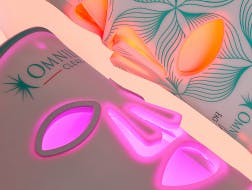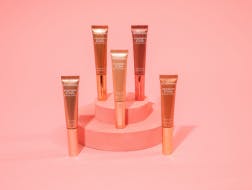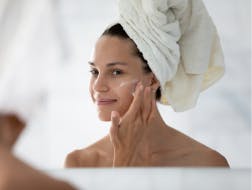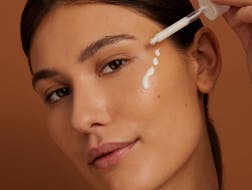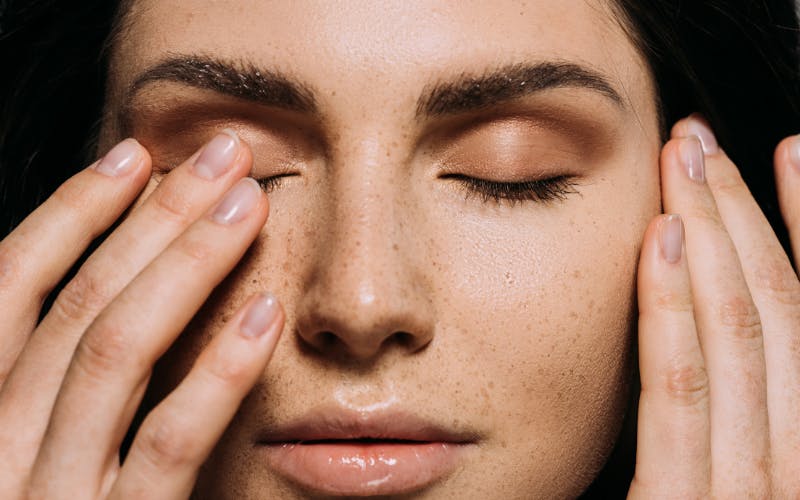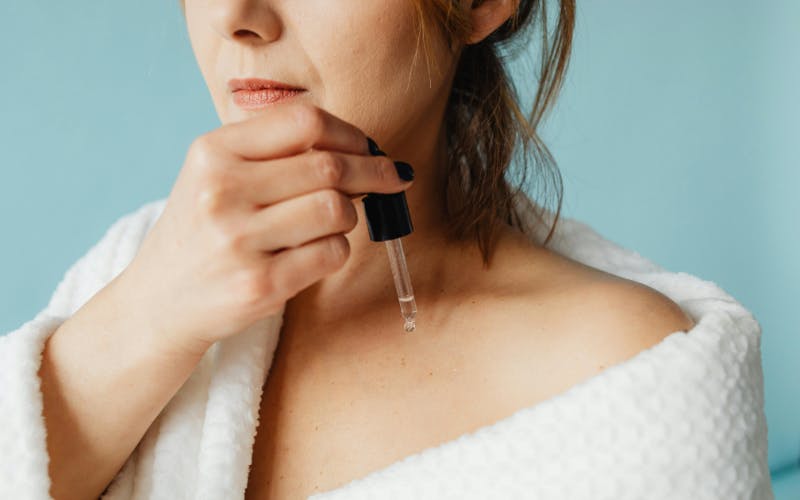Busting Vitamin C Myths With Avène
The Avéne A-Oxitive Range
There are so many skincare myths that circulate, especially when talking about Vitamin C. As a forefront ingredient in the skincare realm, there is a lot of information and misinformation out there. Yes - Vitamin C is a powerfully effective antioxidant that shields your skin from environmental damage. Yes - Vitamin C helps to brighten the complexion and fight signs of ageing. And yes - we all should be incorporating Vitamin C serums & treatments into our home care routines.
As the Avéne A-Oxitive range contains a gradual release form of Vitamin C as its hero ingredient, we decided to dig deeper into this skincare ingredient to debunk the myths. Thanks to the help of Dermatologist, Dr Alice Rudd from Skindepth Dermatology, read on to demystify some common Vitamin C beauty rumours.
Myth #1: Any C Will Do
It is important to note that not all Vitamin C is created equal! Broadly, Vitamin C targets a range of concerns including encouraging brighter, more radiant skin as well as fighting fine lines within anti aging skin care. However, each form of Vitamin C, as we mentioned, is slightly different. Most commonly in skincare products, Ascorbic Acid (pure vitamin C) is used. Yet, this form of the vitamin is the least stable and hence can have the dreaded side effects including oxidisation, superficial blackheads and even the Vitamin C causing irritation. Those who suffer sensitivity will know what we're talking about!
Therefore, instead of using Ascorbic Acid, using a Vitamin C precursor or Pro-Vitamin C can often be a better choice. This is because these formulations of the vitamin are not as sensitive to light and are therefore much more stable. This, in turn, means less irritation and greater efficacy.
The Avéne A-Oxitive Antioxidant Defense Serum Vitamin C Serum for Sensitive skin is a great example, as it harnesses a Vitamin C precursor (Ascorbyl Glucoside) with a gradual release innovation. This means that the precursor is transformed into Pure Vitamin C when it comes into contact with the skin and releases it slowly during the day. Ultimately, this means that this brightening serum is much more gentle on the skin and better tolerated. Lastly, this also means that the complexion benefits from antioxidant protection all day long!
Myth #2: The Higher The Percentage Vitamin C, The More Effective
Naturally, many people are under the assumption that the higher concentration of Vitamin C, the better the results. It is important to highlight that at around a 20% concentration of Vitamin C in skincare is where the efficacy begins to plateau. Therefore, this means that 30%, 40% and 50% pure Vitamin C isn't truly going to increase the benefits of the product.
If you are prone to more sensitive skin, these higher concentrations can be irritating on the skin, so it is ideal to use a lower-end percentage. 10%-15% Vitamin C are fantastic to use to elevate antioxidant protection for the skin.
Myth #3: Vitamin C Increases Sun Sensitivity
Vitamin C is very different from other skincare ingredients such as Glycolic Acid & AHA or Retinol & Vitamin A. Unlike these ingredients, Vitamin C does not make the skin more sensitive to the sun. However, this does not mean that you should skip skincare sunscreen in your home care routine. Sunscreen is one of the best products for anti-ageing benefits and preventative skin health, so ensure that you use it daily. When layering a Vitamin C serum underneath your sunscreen, you will ultimately protect the skin against free radical damage.
Myth #4: People With Sensitive Skin Shouldn't Use Vitamin C
We spoke about this earlier, however, sensitivity to Vitamin C depends on the concentration and the type of Vitamin C used! People with more sensitised skin may have a harder time tolerating pure Vitamin C, yet this does not mean that they should avoid the ingredient entirely.
For those with sensitive skin, Avéne A-Oxitive contains a precursor form of Vitamin C. This precursor, known as Ascorbyl Glycoside, is much less likely to cause irritation as it will only be broken down to Ascorbic Acid when absorbed into the skin.
Myth #5: Vitamin C Oxidises And Loses Potency Over Time
Lastly, but certainly not least is the myth that Vitamin C loses potency over time and may oxidise. Although not completely false, this is not true for all forms of the Vitamin. Thankfully the Avéne Pro-Vitamin C is a stable form that prevents turning brown and oxidising when the product comes into contact with light and air. Moreover, this allows for the Vitamin C to be released more effectively throughout the day.

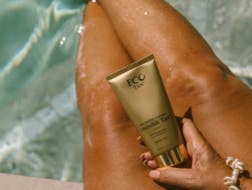
.png?ixlib=gatsbyFP&auto=compress%2Cformat&fit=max&rect=0%2C0%2C252%2C190&w=252&h=190)
.png?ixlib=gatsbyFP&auto=compress%2Cformat&fit=max&rect=68%2C0%2C663%2C500&w=252&h=190)
